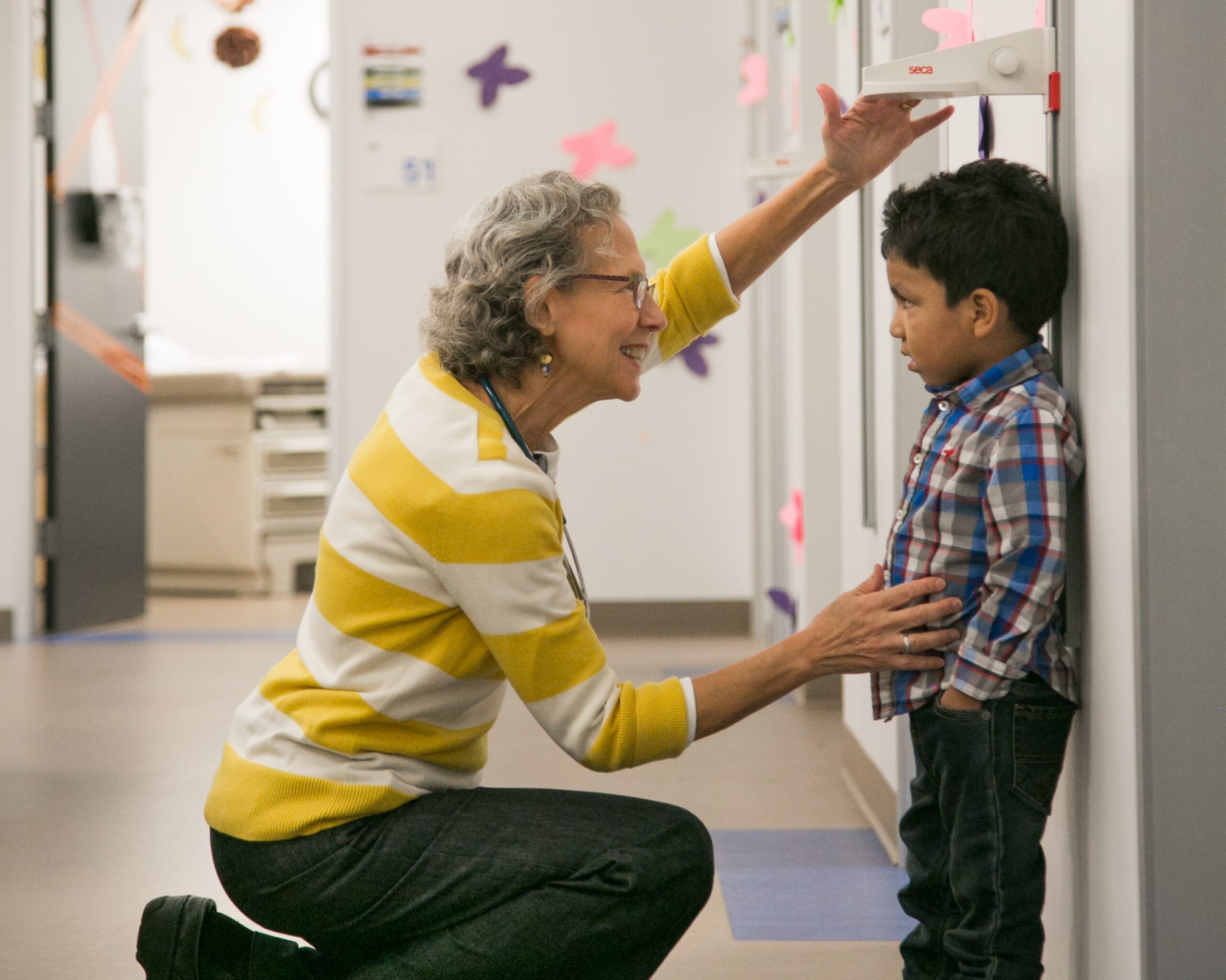Historically, a child’s annual check-up often took 10 minutes. The doctor asked a few questions, took a couple of measurements, and that was pretty much it, as long as nothing was obviously wrong. People’s takes a different approach — an approach meant to link a baby’s early brain development to its future physical development and well-being.
Physical and mental health are closely related. Adverse Childhood Experiences (ACEs) — such as abuse, neglect, household dysfunction, and other stressors — can impede brain development and cause negative health consequences later on in life. Such consequences include substance abuse, poor health, depression and even premature death.
Fortunately, People’s has a number of programs meant to help caregivers support their children to promote healthy brain development. We do this by strengthening core skills, supporting responsive relationships, and reducing sources of stress. Among People’s programs that help achieve this are Reach Out and Read, a national program to promote childhood literacy and early brain development in a health care setting; Play-to-Learn, which provides parents and children ages 1-5 a space to enjoy educational activities, games, songs and crafts; and Filming Interactions to Nurture Development (FIND), a video coaching program that strengthens positive interactions between caregivers and children.
When you visit People’s with your child, expect your physician to ask you about conditions that might affect your child’s brain development, and possibly recommend one or more of the many programs we have available to help. Healthy brain development is crucial for a healthy life, so sign yourself and your child up today to participate in the clinic’s early childhood initiatives. For more information, you may contact Celina Nance at People’s Community Clinic (Celina.Nance@austinpcc.org).

